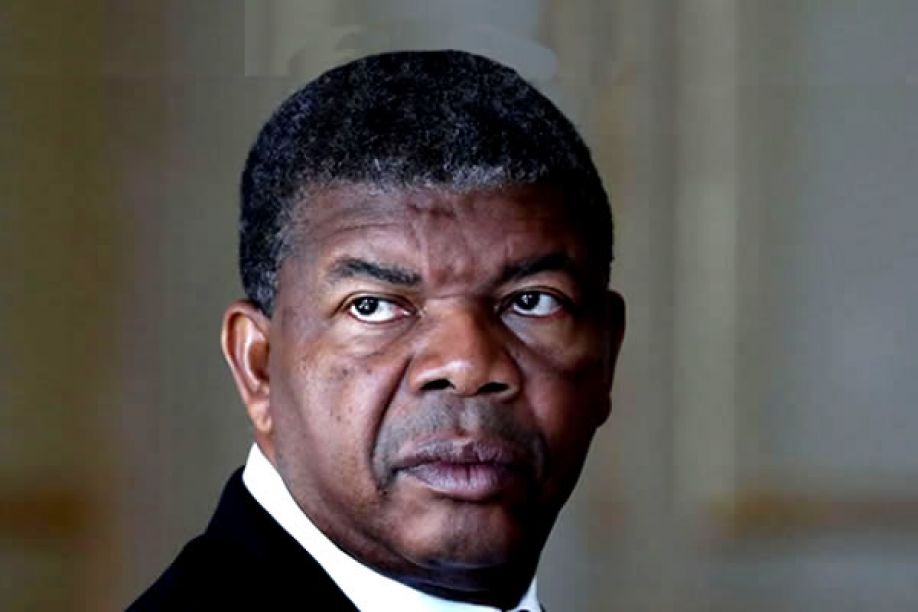Angola, a Portuguese-speaking country on the southwestern coast of Africa, is known for its rich cultural heritage and vast natural resources, especially oil.
Historically, it has faced economic challenges despite its wealth in natural resources.
One year ago, João Lourenço was re-elected for a second five-year presidential term following MPLA’s win in the general elections held on August 24, 2022.
His re-election was seen as an opportunity for continuation and stability, following his initial term, which saw attempts at economic reforms and diversification.
However, the subsequent year proved different than many had hoped for.

Economist Carlos Rosado described the past year as challenging for the nation and feels that the citizens of Angola might have to brace for more hardships.
“I think situations might become more difficult before improving,” he stated, reflecting the sentiments of several citizens who had high expectations about the elections.
In a conversation with DW, an international news outlet with a keen focus on global events, Rosado pointed out Angola’s economic struggles under the leadership of João Lourenço.
Within a relatively short period, the nation’s economic conditions shifted dramatically.
OIL AND POWER
Despite Angola being the second-largest oil producer in Africa, its economy suffered.
One of the indicators was the significant devaluation of the Kwanza, the national currency, coupled with rising inflation.
This economic scenario sharply contrasts with the promises made during the election campaign, where visions of prosperity and progress were painted.
Moreover, Rosado shed light on the strategies employed during the election period.
He mentioned that the MPLA’s election strategy seemed more inclined towards ensuring João Lourenço’s re-election than addressing the genuine concerns of the Angolan people.
Such a focus could lead to policies prioritizing short-term gains over long-term stability. Consequently, many feel they are now dealing with the repercussions of such strategies.
He highlighted certain government actions, such as the artificial bolstering of the Kwanza and the establishment of the Strategic Food Reserve for imports.
According to him, these measures seemed primarily aimed at the elections.
They might contribute to the current economic situation, leaving many to wonder about the future trajectory of Angola’s economy.

